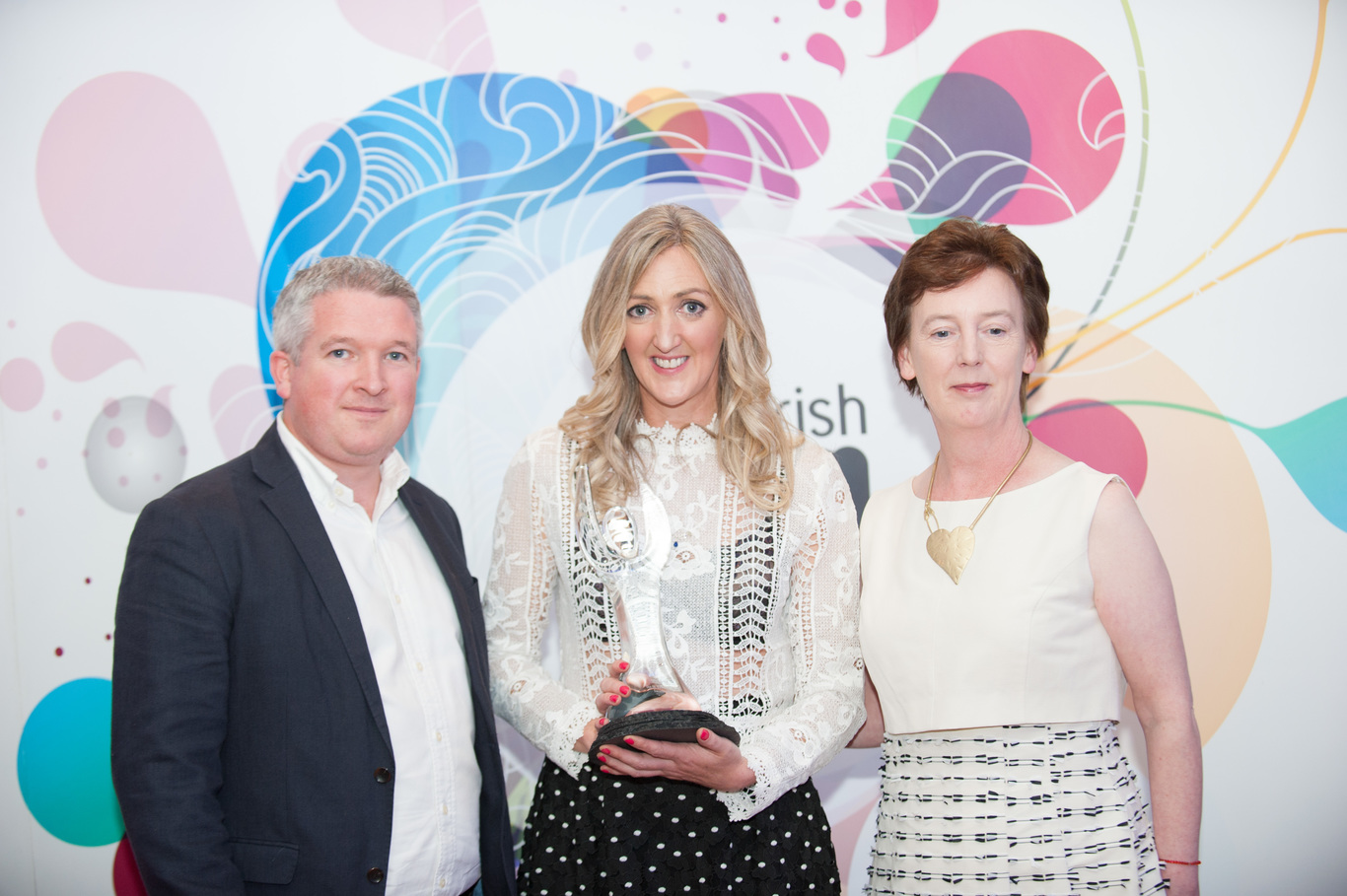The Irish Internet Association looks for new purpose after members vote to save it
Stakeholders recently warned that the cash-strapped body was ‘on its deathbed’.
THE IRISH INTERNET Association (IIA) is looking for a new purpose after members last night voted against winding the cash-strapped organisation up.
Formed in 1997, the IIA is a non-profit body for internet businesses in Ireland, which on its website claims over 300 member companies including the likes of Accenture and Dell.
It has provided training services for many firms, hosted events and lobbied government for pro-internet policies.
Stakeholders in the association recently warned in an email that the IIA has “no cash, no staff, no assets, no office and no plan”.
It was proposed that unless someone could come up with a suitable way forward for the organisation, it would be recommended to be wound up at its annual general meeting.
However, at the meeting last night it was decided that the IIA will keep going. About two dozen of the organisation’s members attended the session last night and none voted to shut down the IIA.
Review
The IE Domain Registry (IEDR), an IIA member, and Enterprise Ireland, have both proposed hiring a consultant to conduct a review of the organisation to identify a new “mission statement”.
Cyril Moloney, from PR firm PSG Plus, who sits on the current IIA board, told Fora that a consultant will now be appointed to evaluate the organisation.
“The plan is that the IEDR will hire a consultant to engage on the future direction of the IIA. The report will be due in the new year,” he said.
“Members will give their feedback and from that the position of the IIA will be set. A new board will be brought in, but the existing board will stay on until then to close off any outstanding items of business.”
Financial troubles
The IIA has been hit hard financially in recent years as it has struggled to cope with falling membership.
Draft accounts for the IIA for the 12 months to the end of 2015 show that the body had a deficit of €22,340 from the year, up from just under €6,400 in 2014.
This compares poorly to 2013, when the organisation had a surplus of about €30,000.






